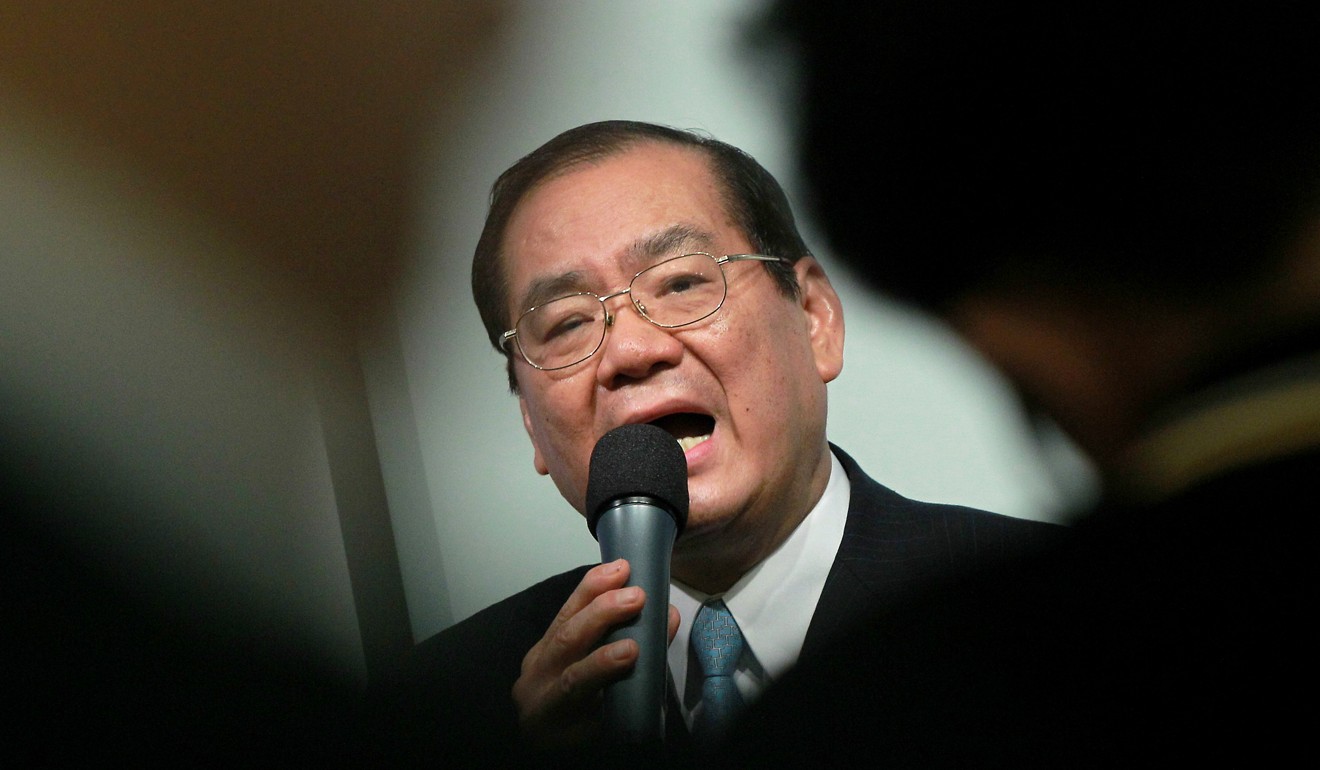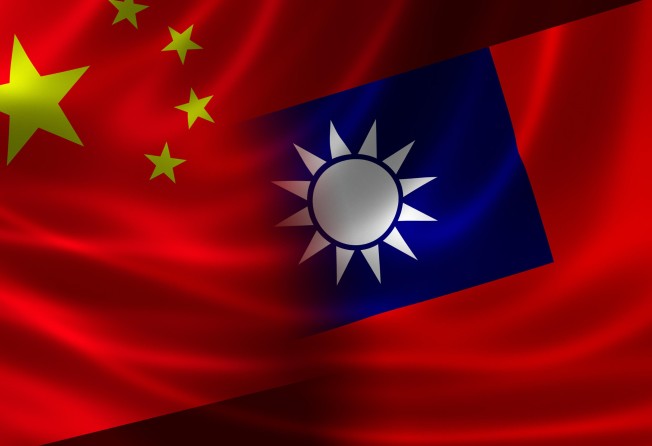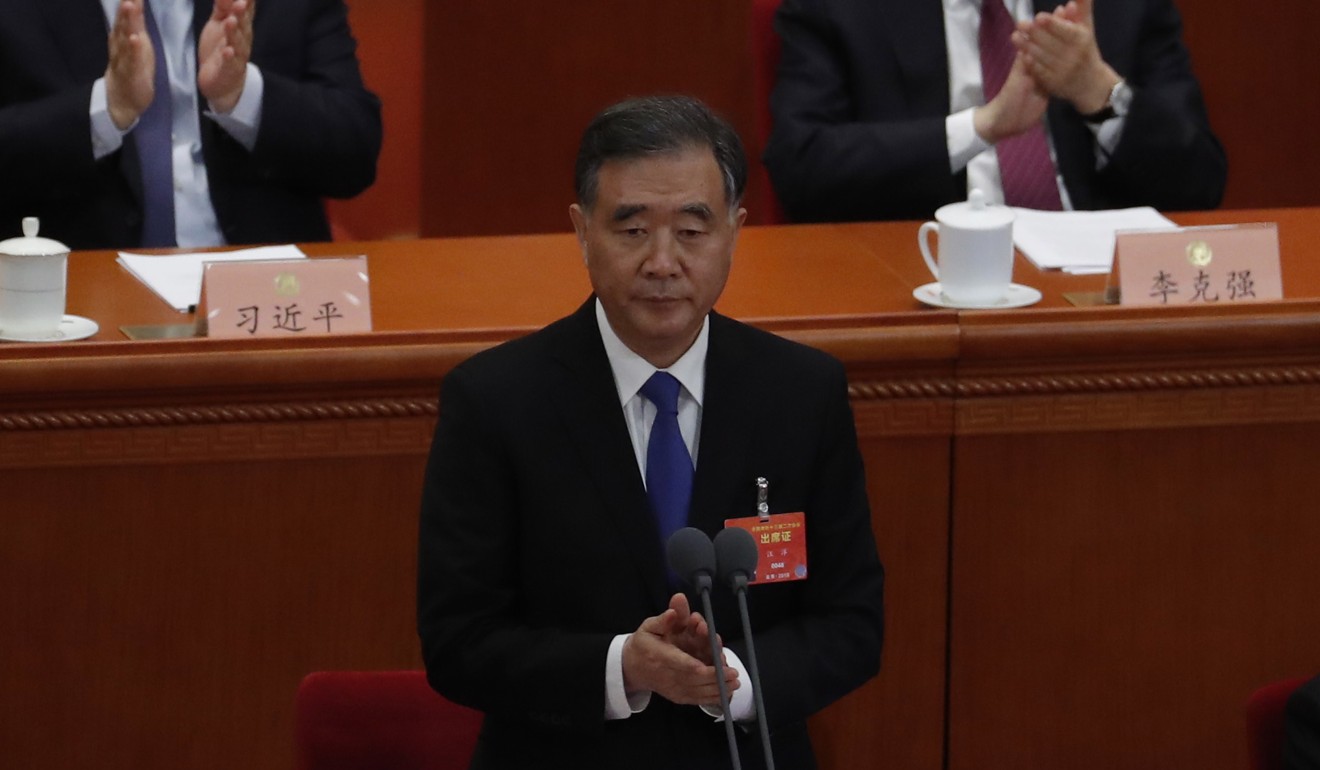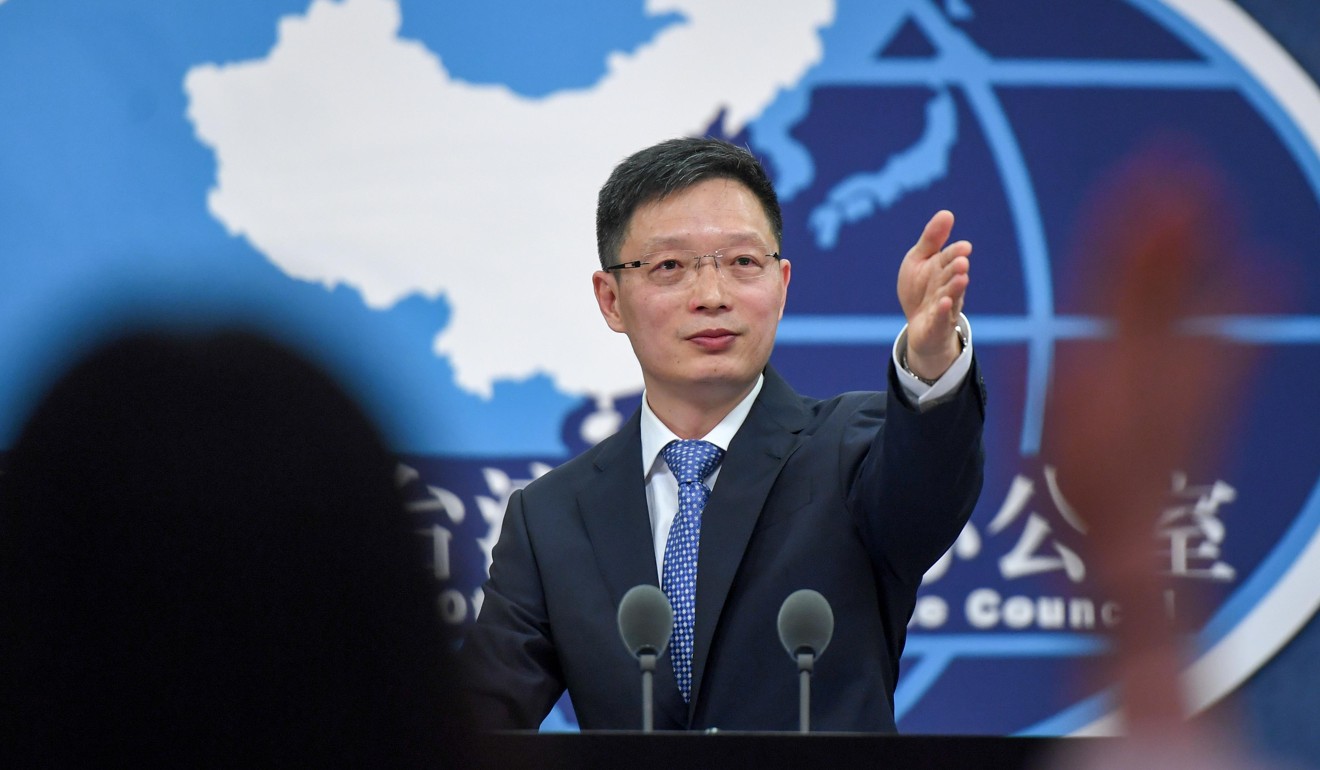
Taiwan’s Kuomintang to send delegation to mainland China forum despite ‘warning’ from Taipei
- Group led by party vice-chairman Tseng Yung-chuan will take part in opening ceremony on Sunday, spokeswoman says
- Island’s government said last month Beijing was using the event to drum up support for Xi Jinping’s plan to reunify Taiwan

Taiwan’s main opposition party Kuomintang (KMT) will send a delegation to a cross-strait forum in mainland China this weekend despite warnings from the island’s government that it risks being disbanded if it engages in political talks or signs any agreements during the event.
The Straits Forum in Xiamen, southeast China’s Fujian province, was first held in 2009 – when Taiwan was ruled by a KMT government – as a platform for cultural cooperation and economic exchanges between the two sides.
Chen Mei-hua, the party’s deputy spokeswoman, said on Wednesday that the delegation attending the 11th annual event, which opens on Saturday, would be led by KMT vice-chairman Tseng Yung-chuan and include several other senior officials. Although the forum is set to run for a week, she said most members of the KMT group would be present only for the opening ceremony.
“We will only attend the official opening ceremony to be held on Sunday,” she said, adding that most of the delegates would return to Taiwan later the same day.

The visit would be brief because of the restrictions announced recently by Taiwan’s Mainland Affairs Council (MAC) on individuals and political groups attending the event, Chen said.
The council said last month that Beijing was using the event to drum up support among Taiwanese citizens for Chinese President Xi Jinping’s plan to reunify Taiwan under the “one country, two systems” model.
“China has been making every effort to achieve those goals through what it calls democratic negotiations via cross-Taiwan Strait exchanges,” MAC vice-chairman Chen Ming-chi said in Taipei on May 30.
Therefore, any Taiwanese groups or citizens – including central or local government officials – who engaged in political talks on unification or the “one country, two systems” model with representatives of the mainland side would face punishment or disbandment, he said.
He said they would also be punished for signing agreements or memorandums of understanding, or forging alliances with mainland authorities that were in conflict with national interests.
The opening ceremony for this year’s forum is expected to be conducted by Wang Yang, chairman of the Chinese People’s Political Consultative Conference – Beijing’s political advisory body.

MAC spokesman Chiu Tsui-cheng said it was likely that Wang would use the platform to promote the one country, two systems model as he had done at several other meetings with Taiwanese delegations.
If that were the case, people attending the event should keep in mind “the feelings and impressions of the general public in Taiwan”.
The warning comes after Taipei in April revised its regulations on cross-strait relations banning local government officials from representing the government in political talks with the mainland or signing agreements.
The rule change has scared off several of the KMT’s local government leaders who had originally planned to attend the event in Xiamen or send a deputy.
These include Kaohsiung mayor Han Kuo-yu – the man widely regarded as Beijing’s preferred candidate to run for Taiwan’s presidency next year due to his strong support for the one-China principle – and Taichung mayor Lu Shiow-yen.
Observers said the KMT, which won 15 of the 22 city and county seats up for grabs in Taiwan’s local government elections in November, could have formed a high-powered delegation for the event had it not been for the new restrictions.
KMT spokesman Ouyang Lung questioned why Taipei had chosen to change the rule 10 years after the event was launched.
“The forum is a platform for grass-roots exchanges on many subjects, from employment and business issues to young people, religion and culture,” he said.
The KMT had attended the event every year since its launch but never used it to hold political talks or sign agreements with the mainland.

In Beijing, Taiwan Affairs Office spokesman An Fengshan said Taipei’s “unreasonable restrictions” were due mainly to fears among the ruling, and pro-independence, Democratic Progressive Party that better cross-strait ties would jeopardise its political interests.
“The Straits Forum is a civilian, grass-roots event that serves to strengthen cross-strait cooperation – a common aspiration of all people from across the Taiwan Strait,” he said, adding that more than 10,000 people from Taiwan had registered to attend despite the “suppression” by the island’s authorities.
Relations between Taipei and Beijing soured after President Tsai Ing-wen took office in Taiwan in 2016 and refused to accept the one-China principle, prompting the mainland to suspend official exchanges with the island.